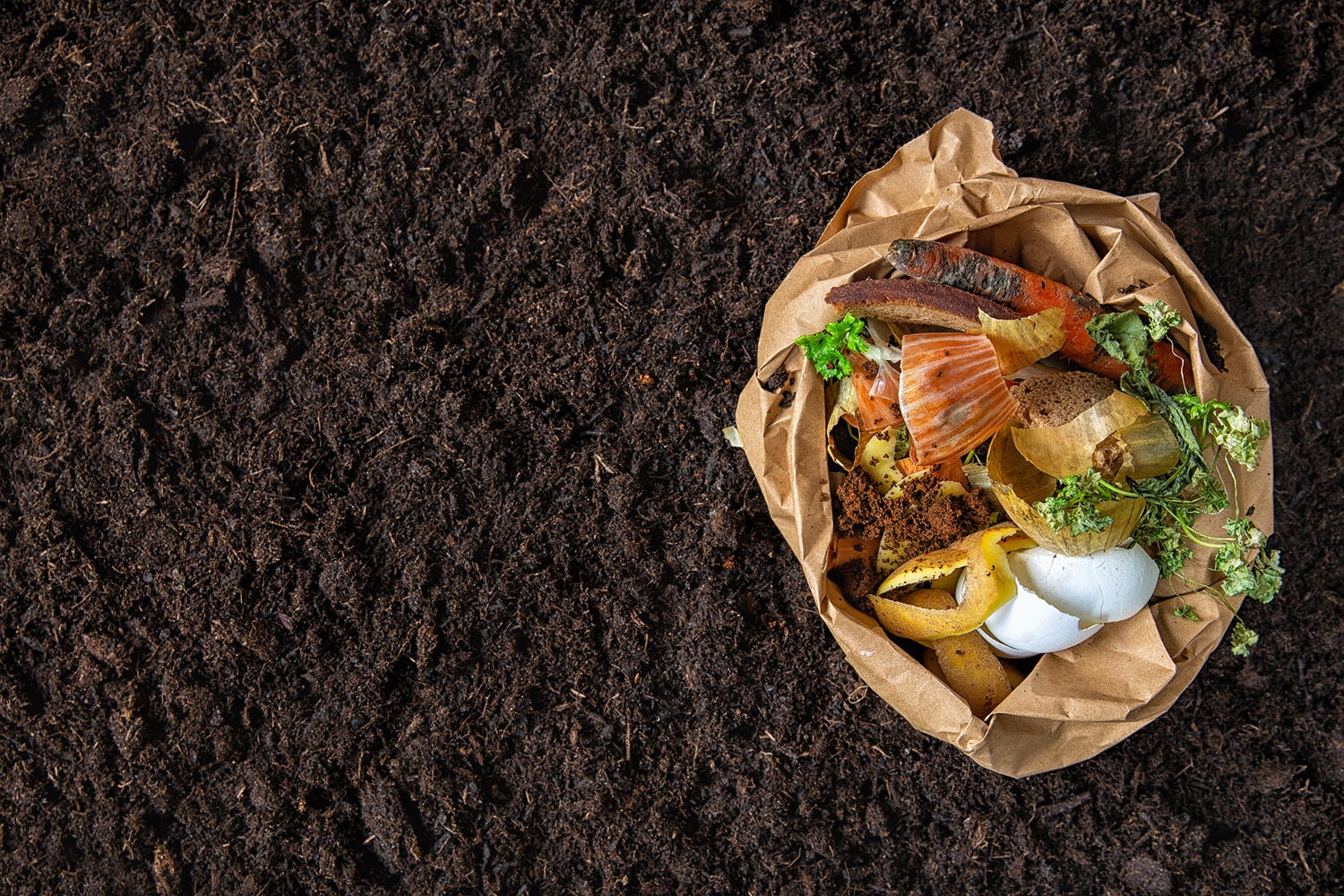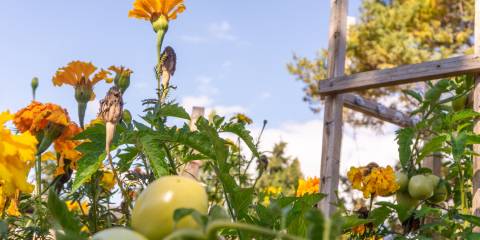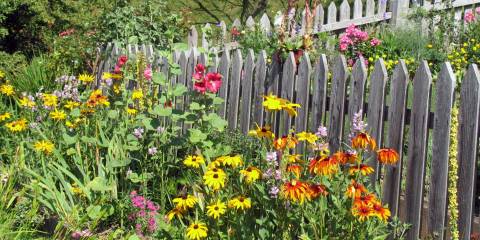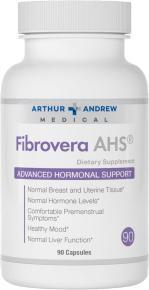Even after using every possible part of your food and storing it properly, you’re still going to have some food waste. Those scraps don’t need to be sent to a landfill: they can be composted to return valuable nutrients to the soil.
It’s easier than you think to start composting, whether you have a big yard or a postage stamp–size apartment. If a classy compost bin isn’t enough to convince you to compost at home, look into what your city or town has to offer. Some offer compost collection services, others have drop-off programs, and a few even collect “plate scrapings,” too—those bits you can’t normally compost yourself, like meat and bones.
What to Compost?
You can compost food waste like fruit and vegetable scraps, eggshells, coffee grounds, tea bags, and nut shells. Don’t compost cooked food, dairy products, bones, or fats and oils—they can attract pests and create odor problems. You can also compost things like paper, leaves, hair (when you clean out a hair brush), and grass and other yard clippings. Skip any yard trimmings treated with chemical pesticides, diseased or insect-infected plants, or pet waste—all of which can cause problems in your compost.
Where to Compost?
If you have space to compost outside, you’ll need a spot to collect scraps before they make their way out to either a compost pile or bin. I use a small compost bucket with a charcoal filter to help with odor (there really shouldn’t be much, if any, anyway), but you could also keep a dedicated container in the freezer if you have the space (and then there’s really no chance of offending odors). If you’re composting inside, there are special bins you can get at a local hardware store or online.
How to Compost?
Whether you’re composting inside or out, you’ll want to have an even mix of green material (things like produce scraps and grass clippings) and brown material (things like shredded newspaper and dried leaves). This is important for the compost to be able to develop as well as to ensure there’s no unpleasant aroma. You’ll need to regularly mix the components of the compost and occasionally add water to keep it moist.
Why Should You Compost?
Since you aren’t throwing all of these items away, you’re saving space in landfills and reducing your carbon footprint in the process. You’re also creating a nutrient-rich product that is wonderful for your soil and can reduce the need for chemical fertilizers. For more information, including extensive lists covering what (and what not) to compost, visit the EPA’s website: www.EPA.gov/recycle/composting-home





